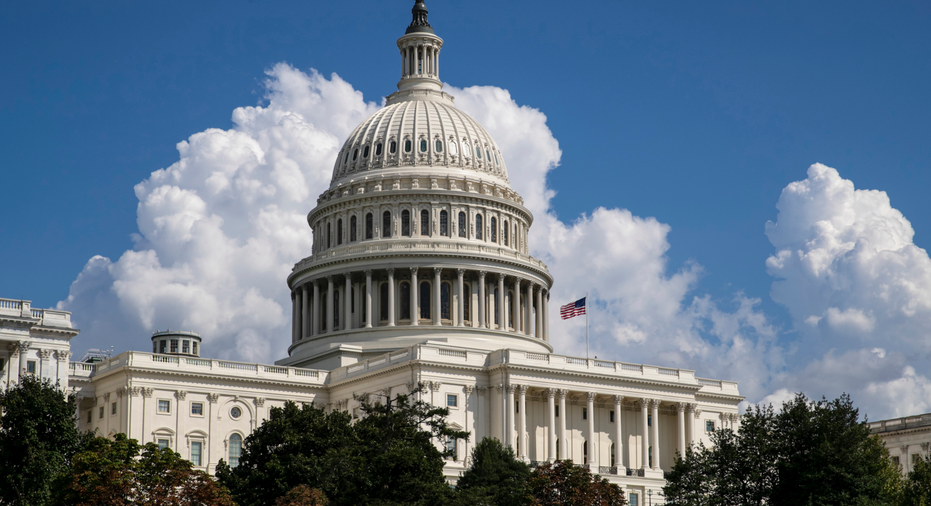US budget deficit hits $214.1 billion in August

WASHINGTON – The federal government racked up a $214.1 billion deficit in August, double the red ink from a year ago, although a big part of that increase reflected quirks in the calendar.
The Treasury Department said Thursday the August deficit pushed the deficit for the first 11 months of the budget year to $898.1 billion, 33 percent higher than the same period a year ago.
With just one month to go in this budget year, the government is on track to run up the biggest annual deficit in six years.
The August imbalance, which was a record for the month of August, looked worse because large benefit payments that would have been made in September got pushed into August because Sept. 1 fell on a Saturday.
In addition, Social Security payments, which are normally made on the third of each month, were pushed into August because Sept. 3 was the Labor Day holiday.
The Trump administration is forecasting that the deficit for the current budget year, which ends Sept. 30, will total $890 billion. That would represent a 33.7 percent increase from last year's deficit of $665.8 billion. It would be the largest deficit since an imbalance of $1.1 trillion in 2012.
While the 11-month total is already above the $890 billion mark, it is expected that September will show a small surplus given that so many September benefit payments were made early.
President Donald Trump won a major legislative victory when he got Congress to approve last December a tax cut of $1.5 trillion over the next decade, fulfilling a longtime Republican goal of cutting the corporate tax rate from 35 percent down to 21 percent.
The tax cuts, which also included reductions for individuals, began taking effect on Jan. 1 and have played a big role in reducing the growth in tax revenue this year.
So far this year, government revenue is up just 0.6 percent to $2.99 trillion. That reflects a 1 percent gain in individual taxes withheld from paychecks and a 20 percent drop in corporate tax payments.
Government outlays have far outpaced the small rise in revenues, increasing 6.7 percent to $3.88 trillion for the period October through August. The big spending increases include a 13 percent rise in interest payments on the public debt and an 8 percent rise in Social Security payments, reflecting the growing number of baby boomers who are retiring and a 9 percent rise in payments for Medicare, reflecting rising retirements and rising costs for medical care.
The Trump administration in July sharply boosted its deficit estimates compared to the projections it had made in February when it sent its 2019 budget to Congress. The administration now expects the deficit will top $1 trillion next year and remain above $1 trillion for three consecutive years.
The only other period when the federal government ran deficits above $1 trillion was for four years from 2009 through 2012 during the Obama administration when the government was using tax cuts and increased spending to combat the aftermath of the 2008 financial crisis and a deep recession.



















